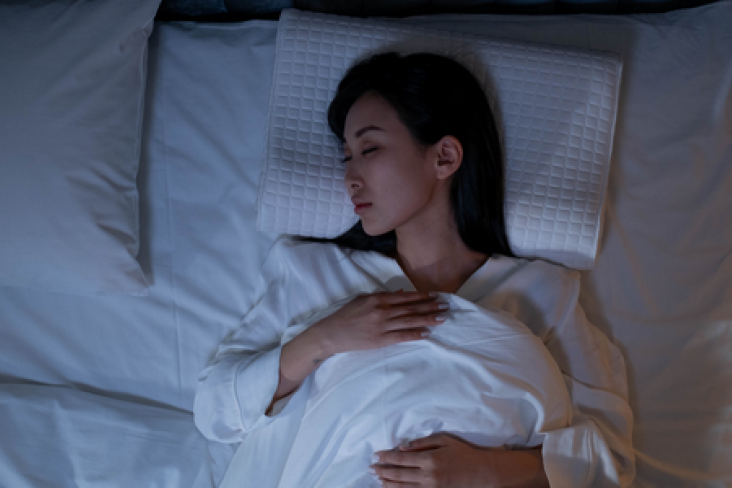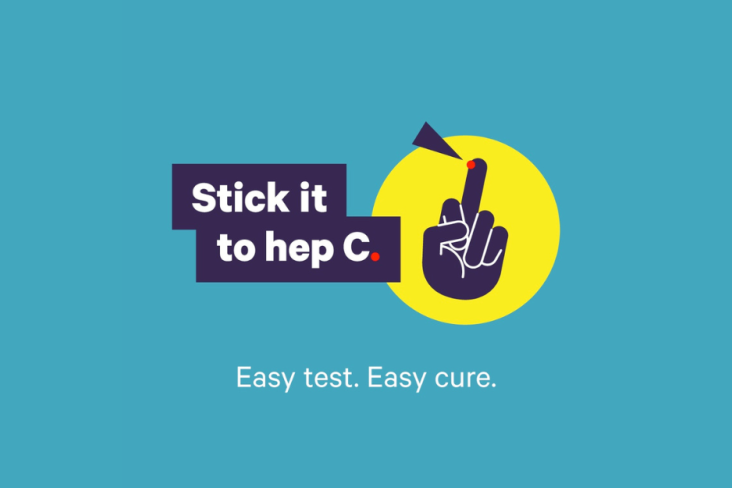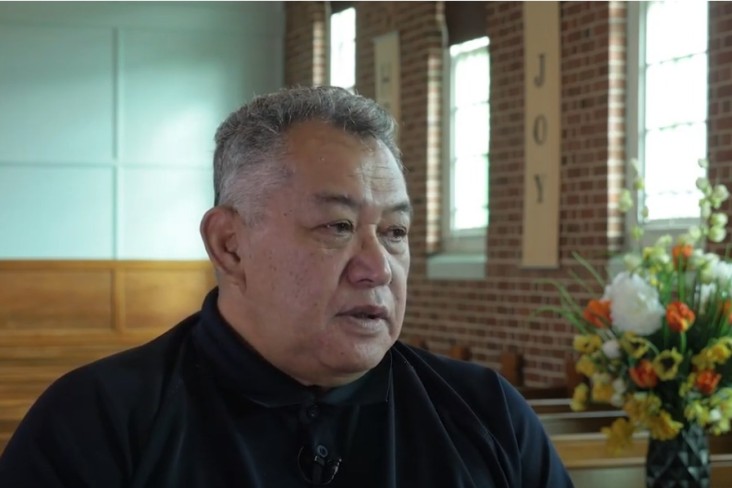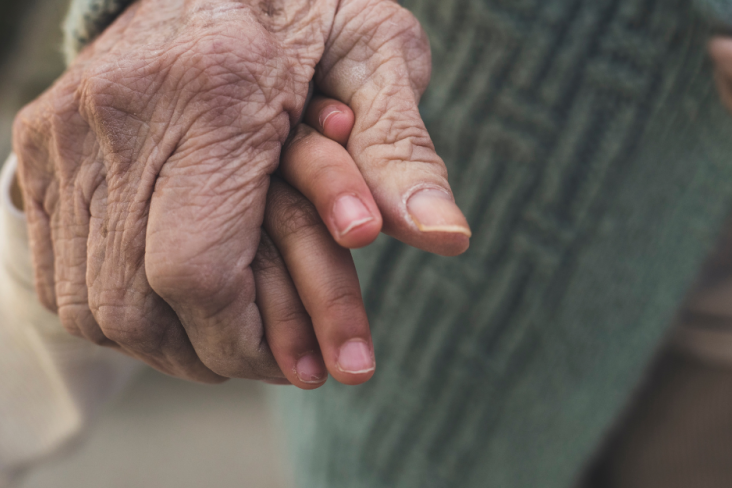The saying goes ‘a good laugh and a long sleep are the two best cures for anything’ and according to Te Whatu Ora Sleep Specialists – this old Irish proverb rings true.
Nic Frame, a Clinical Sleep Physiologist at the Dunedin Public Hospital, says while sleep is still quite mysterious, it is crucial to our wellbeing and survival.
“We know chronic sleep deprivation is associated with a lot of poor health outcomes including increased risk of diabetes, cardiovascular disease, and depression/anxiety,” says Nic.
“Even one night of sleep deprivation leads to a spike in stress hormones the next day, which can have an impact on many things like mood, concentration and appetite. In other words, it becomes harder to be patient and kind, do our jobs efficiently, and we crave KFC for dinner.”
While easier said than done, making sleep a priority is the most valuable piece of advice the Sleep Physiologist can offer.
“This can be really hard to do, especially when things are so busy for our workforce,” says Nic. “Winding down is really important – turn off your email notifications, try to reduce your alcohol and caffeine intake, and keep screen time to a minimum an hour or so before bed. Insomnia is a common problem amongst the health workforce and there’s some great resources online to help.”
Te Whatu Ora Psychiatrist Marija Mandich says stress can play a major role in our sleeping woes.
“The most common cause of poor sleep is stress. Stress could be related to lot of different causes including worrying about work or family, past trauma, or our day-to-day life,” says Marija. “In the last two and half years the pandemic has put a significant burden on all of us, particularly clinicians at the front line.
“When we don’t get enough sleep we feel tired, we can’t think clearly, and we are slow and irritable. Because our gut is the most active while we are asleep, if we do not sleep long enough, we deprive the body of required nutrients, which in turn makes us tired, slow and unable to think clearly. Then we drink coffee to wake up, usually on an empty stomach. This can irritate the stomach lining, lift blood pressure and lower our impulsivity threshold; coffee calls for more coffee until we are physically and mentally sick.”
At the centre of it all is a good sleep hygiene routine.
“Our bodies need time to self-regulate. To help us achieve this, try to reduce exposure to anything that can excite, stimulate or upset us – vigorous physical or intense mental work, reading an interesting book, watching television, browsing the internet, checking our social media accounts, having large meals, getting drunk, smoking cannabis, and drinking caffeinated drinks after 3pm,” says Marija.
So if sleep holds the power to our survival, what’s the magic number of z’s we need for optimal health?
“This varies a lot depending on the person, but somewhere between seven to nine hours is the general consensus. Anything less or more has been associated with increased risk of cardiovascular events and decreased lifespan,” says Nic.
While there’s no magic cure for transient sleep difficulties, Marija says perseverance is key. “A work life balance, quality time with friends and whanau, moving your body and a balanced diet sets a great foundation for good night’s sleep.”



